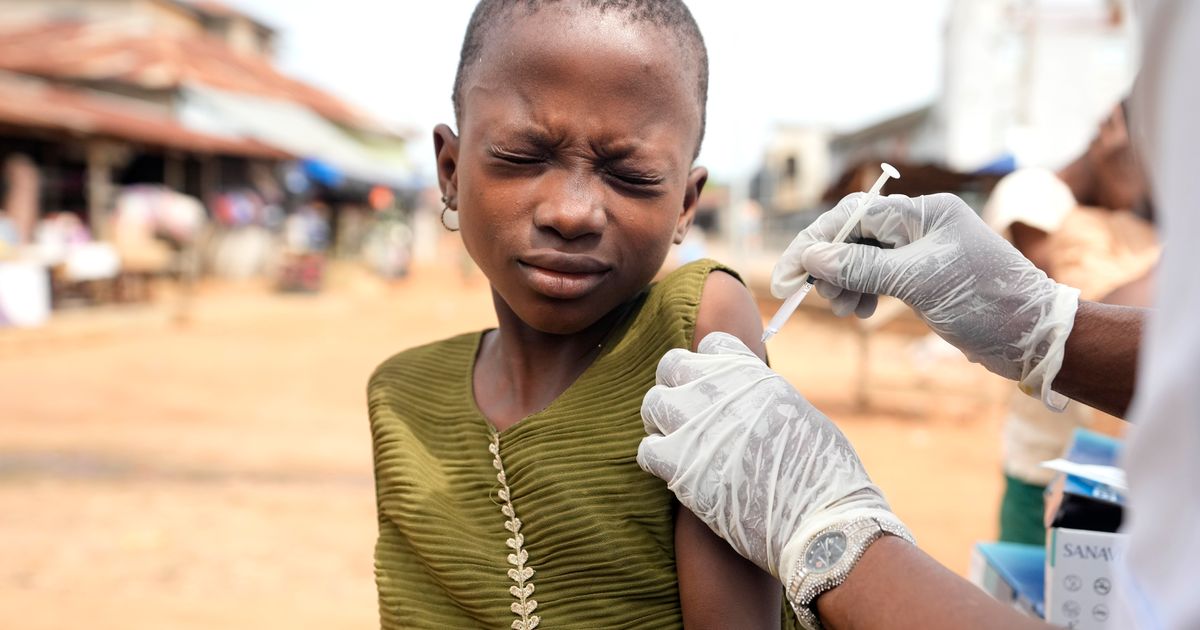ABUJA, Nigeria (AP) — Yunusa Bawa spends a lot of time talking about the vaccine for the human papillomavirus that is responsible for nearly all cases of cervical cancer. But on most days, only two or three people allow their daughters to be vaccinated in the rural part of Nigeria where he works. The challenge in Sabo community, on the outskirts of the capital of Abuja, is the unfounded rumor that the HPV vaccine will later keep young girls from giving birth.
“The rumor is too much,” said Bawa, 42. As more African countries strive to administer more HPV vaccines, Bawa and other health workers tackle challenges that slow progress, particularly misinformation about the vaccine. The World Health Organization’s Africa office estimates that about 25% of the population still has doubts about it — reflecting concerns seen in some other parts of the world in early campaigns for the vaccine.

A common sexually transmitted virus, HPV can cause cervical cancer, certain other cancers and genital warts. In most cases, the virus doesn’t cause any problems, but some infections persist and eventually lead to cancer. Across Africa, an average of 190 women died daily from cervical cancer in 2020, accounting for 23% of the deaths globally and making it the leading cancer killer among women in the WHO Africa region of 47 countries.
Eighteen of the 20 countries with the highest rate of cervical cancer cases in the world are in Africa. Yet the region’s HPV vaccination rate has been lo.























